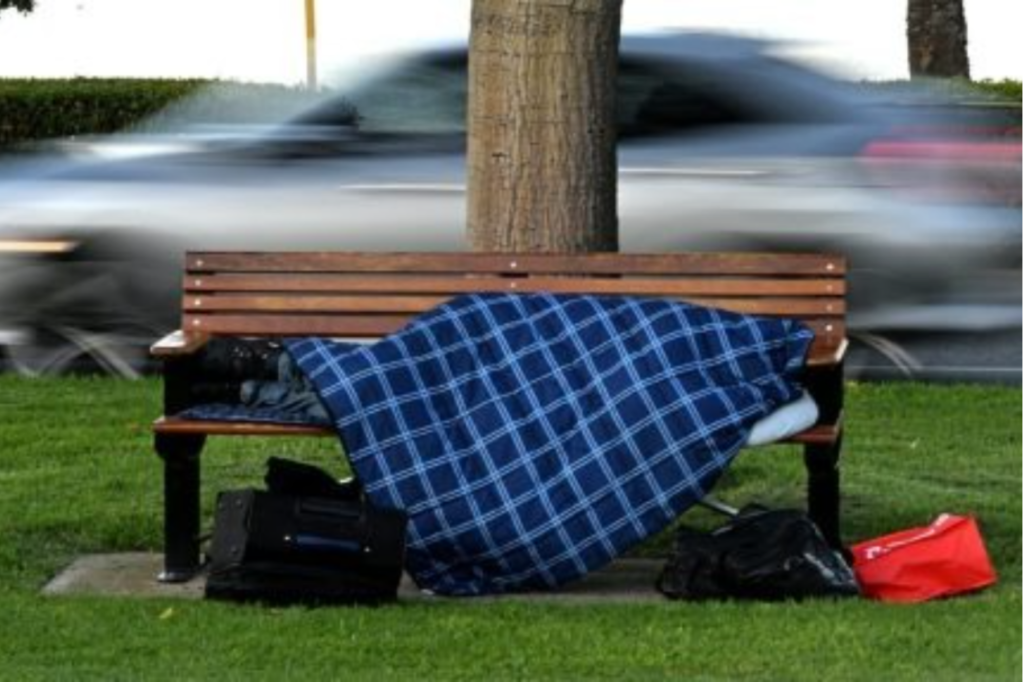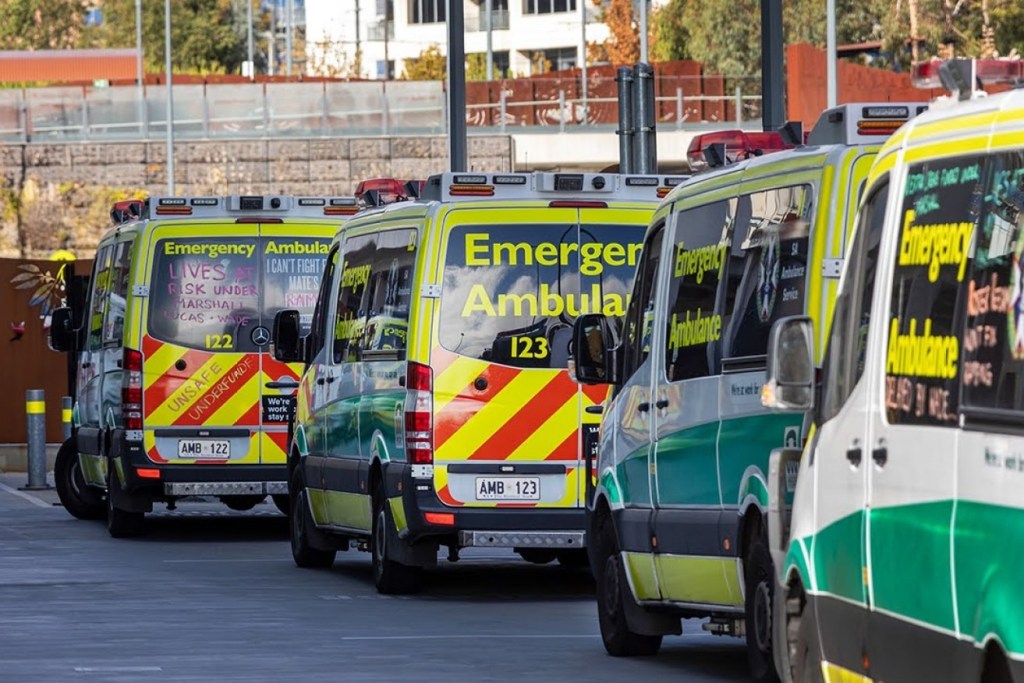South Australia’s ‘hidden’ homelessness
A new resource has been launched for local councils to help uncover the “hidden phenomena” of regional homelessness.

Flinders University’s Centre for Social Impact and the Local Government Association have created the Ending Homelessness toolkit to provide accessible resources for councils impacted by homelessness.
Victor Harbor mayor Moira Jenkins told InDaily the toolkit could help councils deal with an issue she said is not “visible in regional areas in the same way that it is in the metropolitan areas”.
“You’ve got everything in one place which makes it easier, rather than councils having to reinvent the wheel and try and look at ways of addressing the issue,” she said.
“For many years, there’s been this idea that homelessness was a challenge in the cities.
“You go to Adelaide and you see homeless people on the street. You don’t necessarily see that in the regional places, but I know, you know, people that are sleeping in their cars.
You might like
“What we’ve seen in Victor Harbor in recent times is an increase in this sort of thing, and also an increase in couch surfing, and that adds to the invisibility of the issue.”
Jenkins said she had previously spoken to the LGA about the “need for extra assistance for councils in relation to homelessness”.
“It’s becoming a bigger issue for councils; many people who are at risk of homelessness, and many who are homeless, fall between the cracks in terms of government services that are available to them,” she said.
“There are more services available in metropolitan areas. Often the services that pick things up in the regions are, fantastic services, but they’re community services run by volunteers.
Stay informed, daily
“While it’s not directly a council role, councils end up taking care and trying to assist with a growing homelessness problem.”
LGA SA CEO Clinton Jury told InDaily that while local councils were not “the lead agency when it comes to homelessness, they’re well positioned to support broader initiatives that can make a difference”.
“This toolkit is to really try and help them get that help and support to these individuals as quickly as they possibly can, because we’re the level of government that’s closest to the community,” he said.
“We often know who these people are by name.”
Recent data showed regional rental vacancies were at 1.12 per cent, with the South East seeing the biggest monthly drop in vacancies in July, to a 0.7 per cent vacancy rate.
“A lot of places, particularly in regional areas, there’s zero availability of any housing at all,” Jury said, adding that “a coordinated approach” was needed from all government levels to address homelessness, both regional and wider.
“[Councils] can play a really important supporting role to agencies and other levels of government who have got more funding and more resources at their disposal, in terms of providing that very practical hands-on linking support to people who are experiencing homelessness,” he said.
The toolkit, which also received support from the South Australian Alliance to End Homelessness, was launched on August 19, two years after the project first received approval in November 2022.
The kit consists of nine fact sheets bringing together resources, information and statistics for councils about the role local government can play in ending homelessness.








